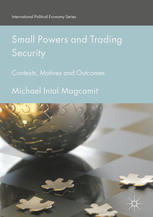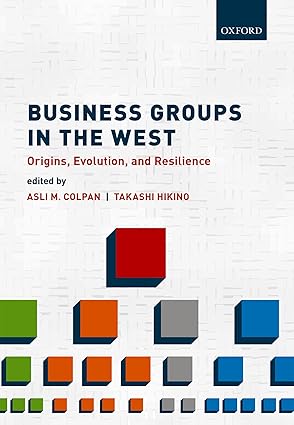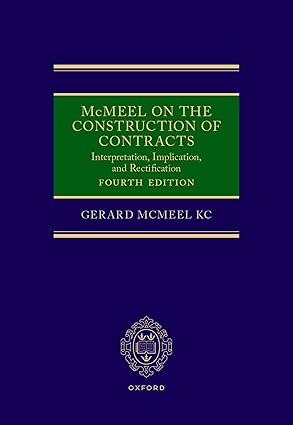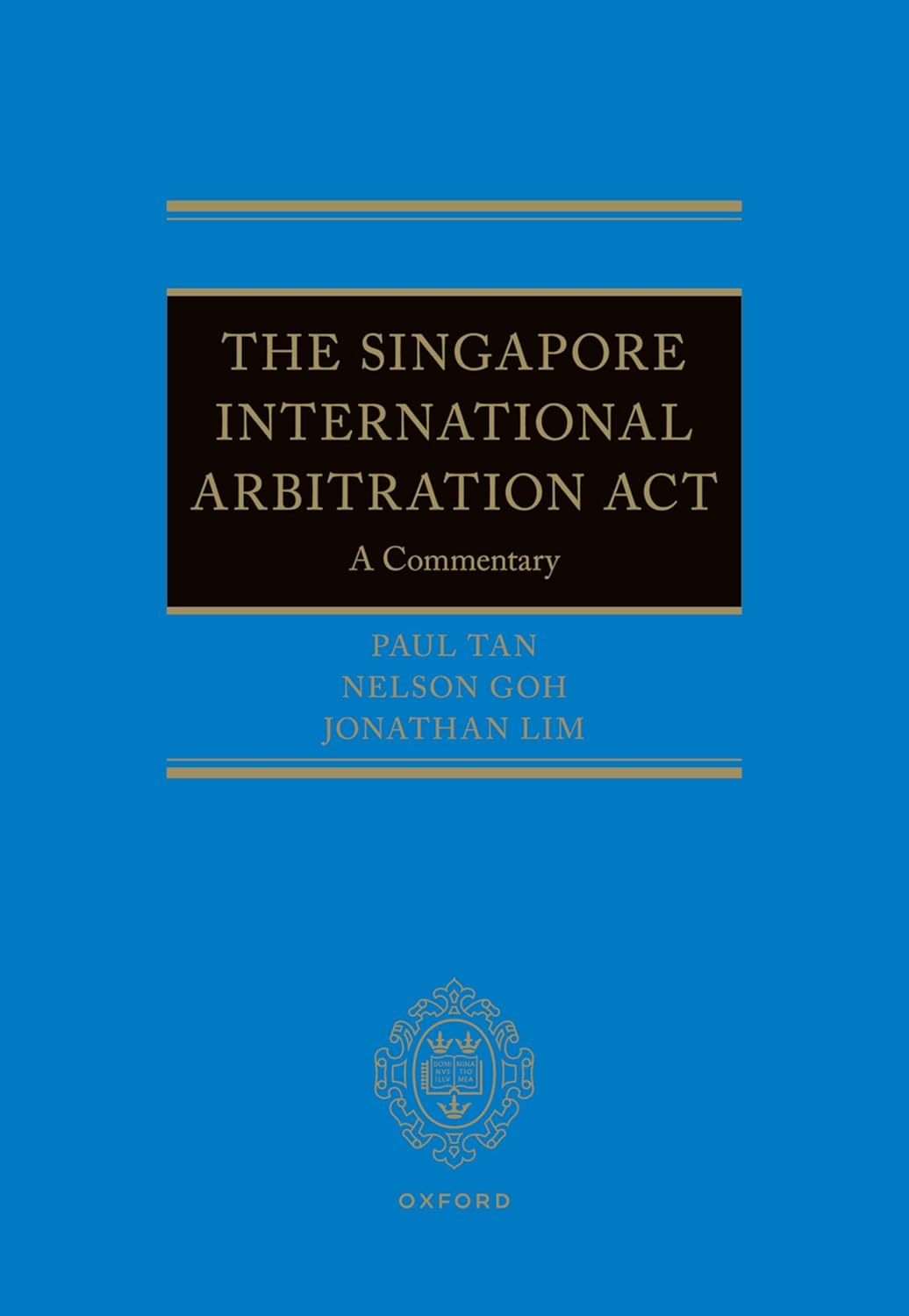T rade as a securiTy currency for small P owers The strategic behaviour of small powers in the international system can be described in one word: dependence. While a single, universally accepted definition of the term ‘small power’ remains debatable, nonetheless, the extant literature reveals recurring features of their behavioural approaches to world politics.1 First, small powers clearly recognize that it is both futile and reckless to rely exclusively on their own capabilities to obtain secu- rity, let alone influence the conduct of world politics to work for their advantage (Toje 2010, 2011). Nevertheless, through concerted actions and efforts, small powers are able to steer the general course of the inter- national politics by manipulating the workings of the system but with lim- ited success. Since small powers do not enjoy a decisive and indispensible role in great powers’ wide range of political and military resources, their policy options are limited to either neutrality or alliance (Mares 1988; Toje 2010, 2011). Under regional hegemony, small powers are bent to pursue a policy of neutrality given the small likelihood of punishment.2 Whereas within an alliance, small powers are compelled to conscientiously follow the directives of the alliance leader and throw all their support to gain favours and avoid upsetting the latter. 3 Mares (1988, p. 456) notes that those ‘located in geopolitical regions critical to maintaining a great power’s position in the international system tend to opt for alliance’.
چکیده فارسی
Trade به عنوان ارز امنیتی برای قدرت های کوچک رفتار استراتژیک قدرت های کوچک در نظام بین المللی را می توان در یک کلمه توصیف کرد: وابستگی. در حالی که تعریف واحد و پذیرفته شده جهانی از اصطلاح «قدرت کوچک» همچنان قابل بحث است، با این وجود، ادبیات موجود ویژگیهای تکرارشونده رویکردهای رفتاری آنها را به سیاست جهانی نشان میدهد. اول، قدرتهای کوچک به وضوح تشخیص میدهند که تکیه انحصاری هم بیهوده و هم بی پروا است. در مورد توانایی های خود برای به دست آوردن امنیت، چه رسد به اینکه بر رفتار سیاست جهانی تأثیر بگذارند تا به نفع آنها کار کنند (Toje 2010، 2011). با این وجود، قدرتهای کوچک از طریق اقدامات و تلاشهای هماهنگ میتوانند مسیر کلی سیاست بینالمللی را با دستکاری در عملکرد سیستم، اما با موفقیتی محدود، هدایت کنند. از آنجایی که قدرتهای کوچک از نقش تعیینکننده و ضروری در طیف گسترده منابع سیاسی و نظامی قدرتهای بزرگ برخوردار نیستند، گزینههای سیاسی آنها به بیطرفی یا اتحاد محدود میشود (Mares 1988؛ Toje 2010، 2011). تحت هژمونی منطقهای، قدرتهای کوچک با توجه به احتمال اندک مجازات، تمایل دارند سیاست بیطرفی را دنبال کنند.2 در حالی که در داخل یک اتحاد، قدرتهای کوچک ناگزیرند که دستورالعملهای رهبر اتحاد را با وجدان دنبال کنند و تمام حمایتهای خود را برای جلب لطف و اجتناب از خود انجام دهند. ناراحت کردن دومی 3 مارس (1988، ص 456) اشاره می کند که "آنهایی که در مناطق ژئوپلیتیکی حیاتی برای حفظ موقعیت یک قدرت بزرگ در سیستم بین المللی قرار دارند، تمایل به انتخاب اتحاد دارند".
ادامه ...
بستن ...
Author(s): Michael Intal Magcamit (auth.)
Series: International Political Economy Series
Publisher: Palgrave Macmillan, Year: 2016
ISBN: 978-3-319-38814-4,978-3-319-38815-1
ادامه ...
بستن ...










